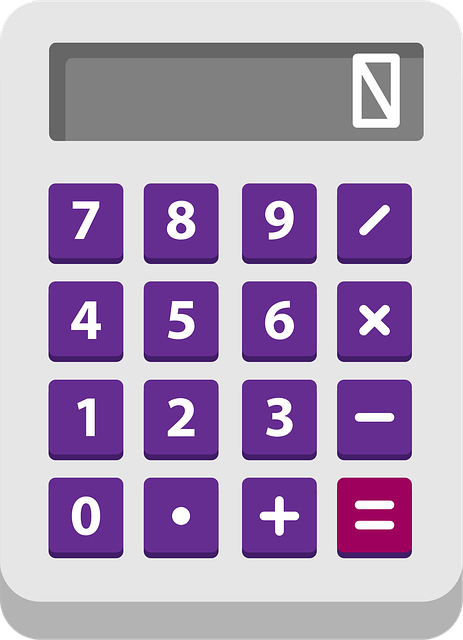Cognitive-Behavioral Therapy (CBT) is a powerful, holistic approach for early sobriety, addressing negative thought patterns and offering practical tools like reframing self-talk. Integrating CBT with trauma-informed care and wellness programs—including nutrition, exercise, yoga, and meditation—equip individuals to manage cravings, triggers, and relapses while rewiring their brains for long-term recovery and increased motivation.
Cognitive-behavioral therapy (CBT) offers a transformative approach to overcoming addiction, especially during the critical early stages of sobriety. By focusing on identifying and reframing negative thought patterns, CBT empowers clients to challenge distorted beliefs and replace them with healthier, more positive ones. This article explores effective strategies within CBT, providing insights into how understanding and managing your thoughts can be a powerful tool for lasting motivation in your journey to stay sober.
- Understanding Cognitive-Behavioral Therapy (CBT): A Powerful Tool for Early Sobriety
- Identifying Negative Thought Patterns: The First Step Towards Change
- Reframing and Rewiring Your Mindset for Lasting Motivation
Understanding Cognitive-Behavioral Therapy (CBT): A Powerful Tool for Early Sobriety

Cognitive-Behavioral Therapy (CBT) is a powerful tool that empowers individuals to take control of their mental health and embark on a journey toward early sobriety. By focusing on identifying and challenging negative thought patterns, CBT offers practical ways to stay motivated during the initial stages of recovery. This therapeutic approach recognizes that our thoughts, feelings, and behaviors are interconnected, and by modifying these cognitive processes, clients can break free from destructive cycles.
In the context of early sobriety, CBT provides a structured framework for managing cravings, triggers, and relapses. It helps individuals develop healthier coping strategies, such as reframing negative self-talk into more positive affirmations. Moreover, trauma-informed care within CBT allows for the exploration and healing of past traumas that may contribute to substance abuse. Through holistic wellness programs prioritizing nutrition, exercise, and stress management alongside yoga and meditation classes for stress reduction, CBT offers a comprehensive approach to well-being, ensuring individuals in recovery have the tools to thrive and maintain their motivation throughout their journey.
Identifying Negative Thought Patterns: The First Step Towards Change

Identifying negative thought patterns is a pivotal step for individuals navigating early sobriety. Many people struggling with substance abuse often fall into a cycle of negative self-talk and distorted thinking, which can hinder their progress and trigger cravings. Cognitive-behavioral therapy (CBT) offers a powerful tool to combat these challenges by helping clients recognize and challenge those harmful thought patterns. By understanding the connections between thoughts, feelings, and behaviors, individuals in early sobriety can begin to replace negative thoughts with more realistic, positive ones, fostering a sense of motivation and control.
This process involves becoming aware of recurring negative thoughts and examining their validity. In the context of ways to stay motivated in early sobriety, CBT encourages clients to question these thought patterns and consider alternative perspectives. For instance, instead of thinking “I always fail,” a person might reframe it as “I had a setback, but I can learn from it and try again.” This simple shift in perspective can be empowering, promoting the development of healthy habits in early sobriety and providing mental health help.
Reframing and Rewiring Your Mindset for Lasting Motivation

Reframing negative thoughts is a powerful tool in cognitive-behavioral therapy (CBT), especially when it comes to staying motivated during early sobriety. This process involves identifying and challenging distorted thinking patterns, such as all-or-nothing thinking or catastrophizing, which can hinder progress. By learning to replace these thoughts with more realistic and positive ones, individuals can cultivate a healthier mindset that supports their recovery journey. For those in the initial stages of sobriety, this can be transformative.
One effective strategy is to practice gratitude and focus on small victories. Recognizing and celebrating non-relapse milestones helps rewire your brain’s reward system, reinforcing positive behaviors. Additionally, involving oneself in meaningful activities, whether it’s joining a support group like Recovery Support Groups Online or engaging in hobbies that promote self-care, can provide structure and purpose, further enhancing motivation. Crisis Intervention Training can also equip individuals with the skills to navigate challenging situations, fostering resilience and a sense of control, which are crucial for maintaining focus and drive during recovery, ensuring optimal health through Nutrition Planning Services.
Cognitive-behavioral therapy offers a proven approach to staying motivated during the crucial early stages of sobriety. By identifying and challenging negative thought patterns, individuals can transform their mindset and gain the upper hand over addiction. This article has explored the power of CBT as a tool for reframing thoughts and behaviors, providing a roadmap to lasting recovery and improved mental health. Understanding these techniques empowers folks on their journey, enabling them to stay motivated and build a brighter future.






